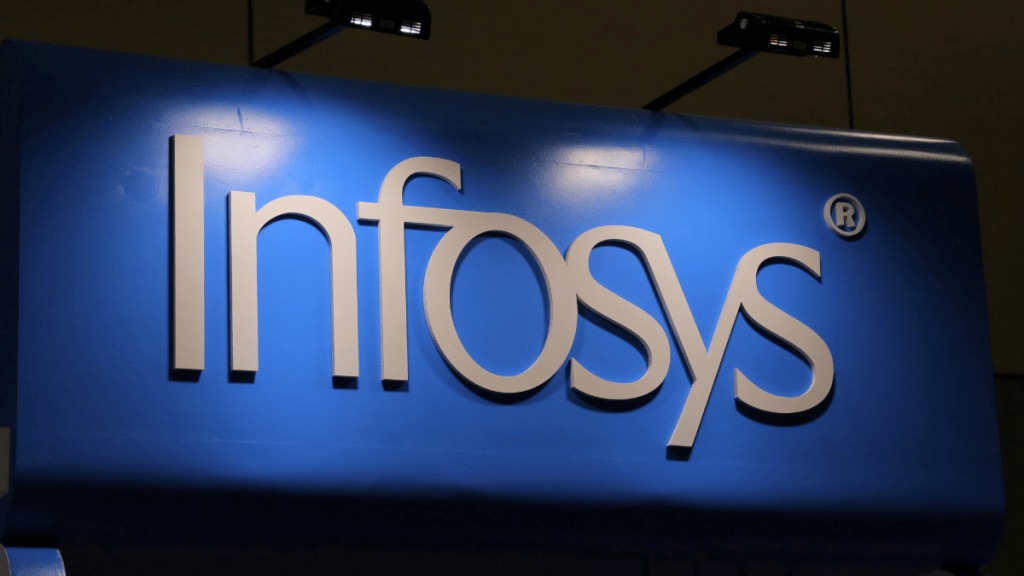Infosys shareholders WILL have to shell out higher tax if they take up the IT services company’s buyback offer, especially if they are in the higher-income brackets. Under new taxation rules, the entire amount received will be taxable in the hands of shareholders as deemed dividend at marginal rates.
Infosys announced buyback price at Rs 1,800 apiece. It is at a premium of 16.6% over the September 19 closing price of Rs 1,544 on the BSE. Experts say for long-term investors, selling on the exchange and paying only capital gains tax may be more efficient than tendering shares in a buyback.
Tax on buyback
Last year’s July Union Budget changed the tax rules for buybacks, effective from October 1, 2024. Earlier, companies paid the buyback tax, introduced in 2013. Assuming an investor had bought Infosys shares at Rs 1,000 apiece and the company now buys them back at Rs 1,800 apiece (the announced buyback price), the entire amount will be considered as income and taxed at marginal rate.
Yeeshu Sehgal, head, Tax Markets, AKM Global, a tax and consulting firm, says the new buyback tax regime favours smaller investors in lower tax brackets. “High earners should consider selling on the open market if that yields a better post-tax return,” he says.
Calculate net gains
The decision to go for buyback depends on the premium offered as compared to the current market price on stock exchange. “If premium amount offsets the tax loss, then buyback may be beneficial as compared to open market sale,” says Dhruv Chopra, managing partner, Dewan P N Chopra and Co.
Long-term capital gains are taxed at 12.5%. No rebate under Section 87A is available on such gains. If the investor’s total gains are below Rs 12 lakh, he will still attract tax. On the other hand, dividend income does qualify for the rebate.
If the total income, including gain from buyback, is below Rs 12 lakh, the investor won’t have to pay tax. “Shareholders must ascertain the net profit after tax arbitrage so as to determine if it is still profitable to them to go for buyback,” says Neeraj Agarwala, partner, Nangia & Company.
Should investors hold on?
Infosys’ buybacks in the past have generally been at a premium to the market price, which provides a short-term opportunity for tendering shares. However, acceptance ratio matters, if retail participation is high, not all shares may get accepted. “While short-term investors may find it attractive, long-term holders can stay invested given Infosys’ strong cash flows, dividends, and sector leadership,” says Narendra Solanki, head, Fundamental Research, Investment Services, Anand Rathi Shares and Stock Brokers.
Buybacks usually boost sentiment in the short term, since they signal management confidence, reduce outstanding shares, and improve EPS. However, sustained momentum depends on business performance.
